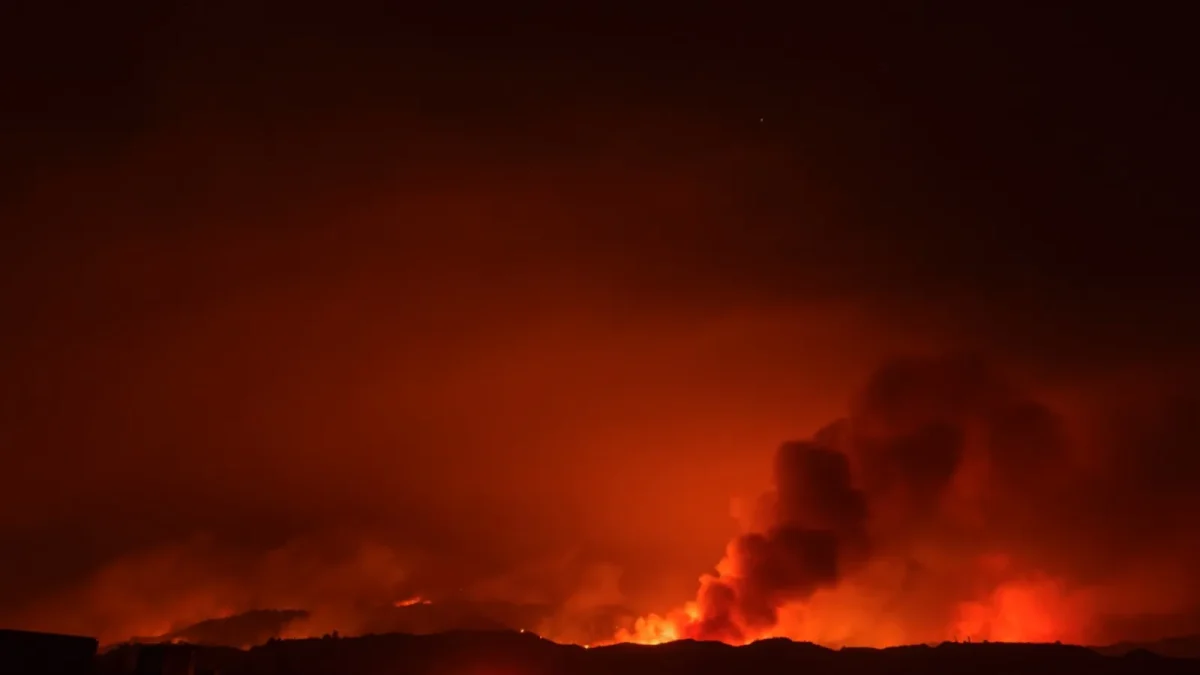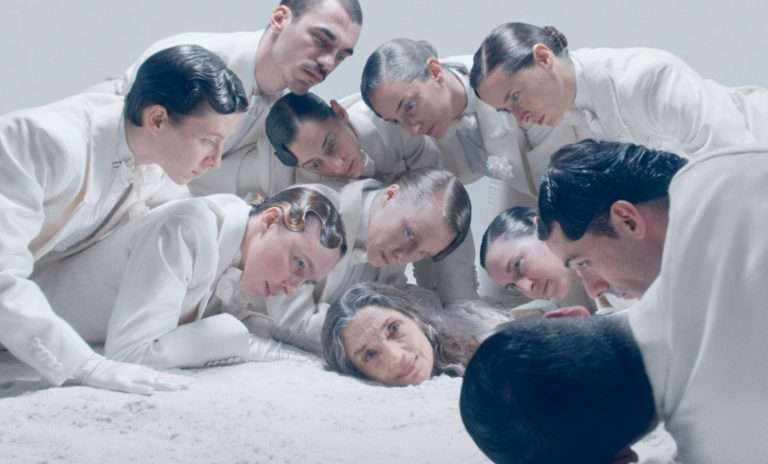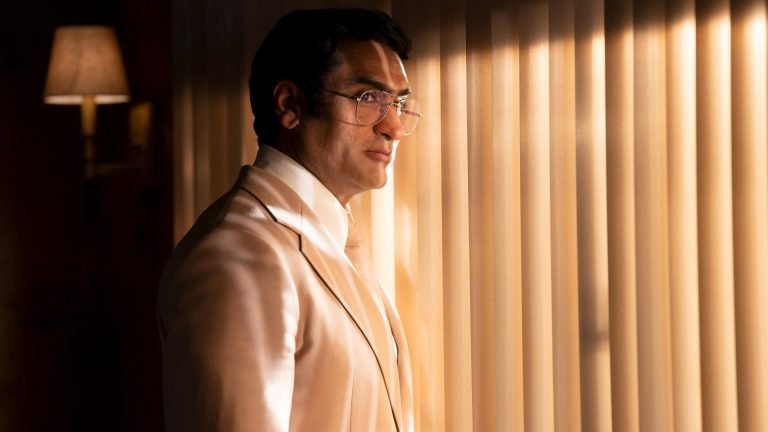The team of investigative journalist Yasha Levine and filmmaker Rowan Wernham opens their documentary “Pistachio Wars” – a scathing critique of American corporate greed – in a gentle, probing fashion. Levine can be seen on the front gate of a huge mansion in Bevilary Hills, evoking early Michael Moore. At this point, you and possibly Levine himself aren’t aware of the scale of the expose that is going to unfold, or just how interconnected the underbelly of a sprawling capitalist empire stretches – especially when its darkness is wrapped in good-looking clothes that support the rightful side in hindsight.
Backed by executive producer Adam McKay and now distributed by the champions at Watermelon Pictures, this investigative documentary peels through layers of corporate deceit, environmental destruction, and quiet political maneuvering until what’s left feels like a damning portrait of American excess – supported by telepromters that hide the rot within the cracked system with shameful lies. Narrated with quite perception and a personal, almost relatable touch by Levine himself, the expose in the film feels urgent because this is a basic human right that we are referring to.
Levine and Wernham’s lens first caught the huge discrepancy at hand, investigating the California drought. Their research and probe led them to the doorstep of the aforementioned mansion that belongs to Lynda and Stewart Resnick. Digging deep into the couple that founded “The Wonderful Company,” widely known as the leading producers of Pistachios in the United States, among other things, Levine discovered how the billionaires are not just famous for their philanthropy, famous parties, and killer marketing, but also for owning so much water supply that the entirety of L.A. could use it and there would be still more left.

Among many other things that the documentary uncovers what stuck me the most is the hollowness of the couple’s promise of building an agricultural town that offers opportunities to people in need, whilst offering them toxic water to survive on the said land on a daily basis. The doc positions the American dream in hindsight and then shows us how the rich are essentially controlling not just the things you eat and breathe, but also what you drink. The real shocker, however, lies in how certain policy groups lobbied together to wage a war against Iran – essentially demonizing the country because it is the largest exporter of pistachios.
That said, some of the stunts that the documentary captures – especially the way Levin essentially shows up at the Resnick’s doorstep or at their office so that he can capture their inefficiency and inability to address the problem feels a little performative for the camera. However, everything else about the film shouts for an urgent outlook.
Within the folds of the film, you will also find a haunting, almost chilling way in which the rich delude themselves into believing everything that they are doing is for the ‘greater good’ because they believe in ‘giving back.’ However, their lack of apathy and empathy towards anyone and everyone beyond themselves cannot be hidden behind smokescreens.








![The Deeper You Dig [2019] : ‘Fantasia’ Review – A true indie horror](https://79468c92.delivery.rocketcdn.me/wp-content/uploads/2019/08/The-Deeper-You-Dig-highonfilms-768x535.jpg)